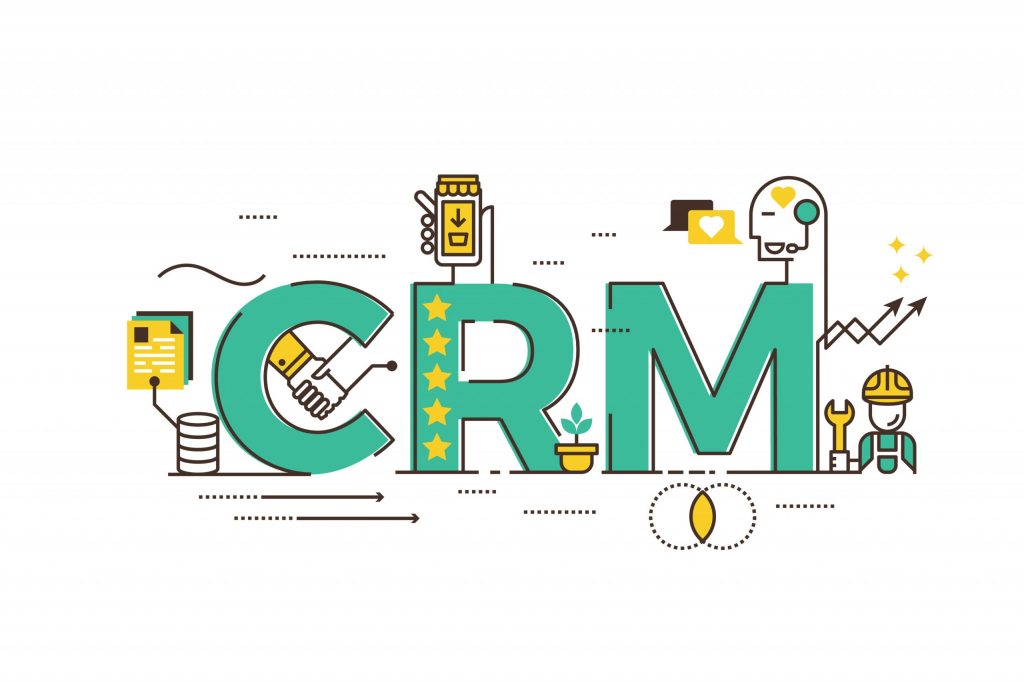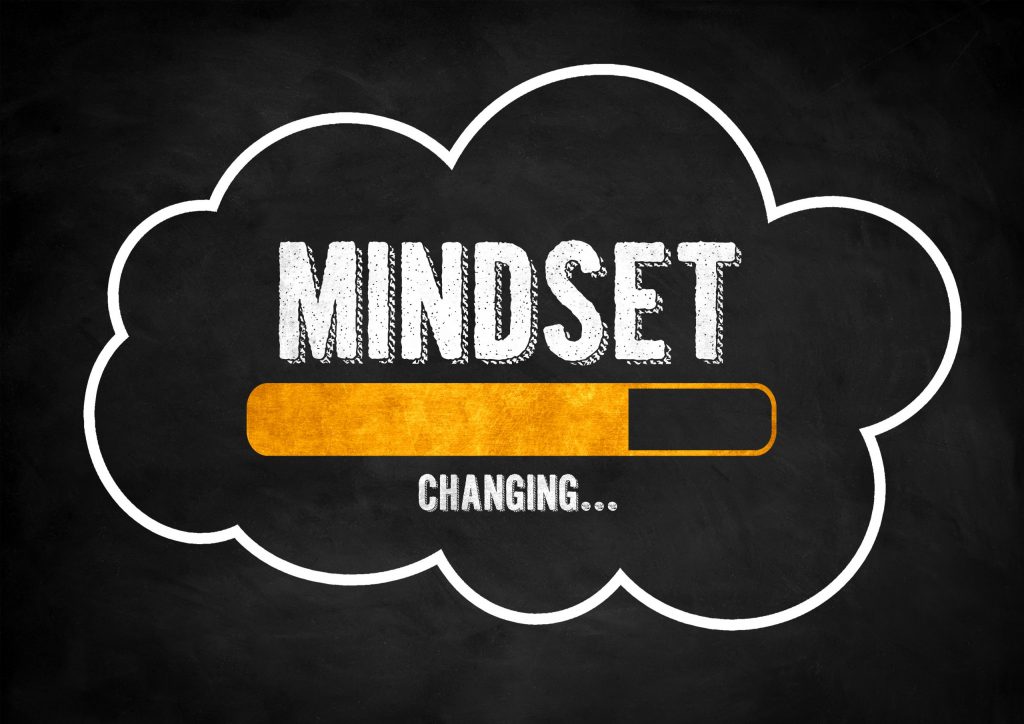Whenever a business, large or small, looks to grow, their default strategy is to generate more high-quality leads and enquiries. Rarely is the first thought to look at their CRM marketing (customer relationship management).
Frankly, this is a mistake, as our sister-company UK Growth Coach explains well. They say that in order to achieve a good return on investment (ROI) through lead generation, you need to have your CRM marketing in top shape.

It would have been easy for the loss-making Dixons Carphone to have gone with the traditional strategy of more leads and new customers to turn itself around. But their approach has been to focus on CRM marketing instead. What works for big business, works for small businesses too, and vice-versa.
Here at Growth by Design, we really like what they did to change and grow their business as it has a strong alignment with our own approach of an holistic marketing model addressing the entire customer journey and life-cycle. We’ve taken a look at what they’ve been up to and what small businesses can learn from the big boys playing in our pond!
Where CRM marketing fits in your marketing mix
In our ‘Common 10’ marketing model, we look at the whole marketing and sales journey. It’s more holistic and comprehensive than anything else out in the marketplace and it’s specifically designed for small businesses to ensure that every opportunity for results and growth are maximised.

The model can be broken down into three main parts:
- Primary marketing – creation of demand with new customers
- Secondary marketing – maximising existing customers through repeat business, upsells and/or cross-sells
- Tertiary marketing – using your good reputation to generate referrals be that from customers or suppliers.
CRM marketing fits squarely within secondary marketing; maximising your first sale and growing the lifetime value of a customer. This is what Dixons Carphone have been delivering on so well in the past 12 months.
Big businesses are getting back to good customer management
Sometimes even the big brands and businesses openly recognise the need for this type of holistic and comprehensive approach to their marketing, which puts their customers at the core of what they do.
Many businesses say it, but fewer customers actually experience it!
Through Dixons Carphone focusing on customer management and their data management, they have been able to treble the number of active and contactable customers within the last 12 months up until 1 May 2021. This has taken them from 3.5 million contacts to 9.6 million!
It’s not just the number of customers, but the fact they know them better and are able to contact them more efficiently about relevant products and services which has made the difference.

Before the switch in focus in 2019, the brand had been heavily-discounted focused. The new Head of CRM, Saul Lopes, is quoted at the time as having said the business was being ruined because of the effect discounting was having upon its margins.
The new customer-centric approach they have taken has led to an expansion of features. These include more demonstrations and talks in-store, and ShopLive – a chat feature whereby a customer can video-call online with store staff. ShopLive alone has seen conversion rates quadruple since April 2020 and the average transaction value increasing by 55%.
There are new investments being planned for the online experience to enable better and more relevant up and cross-sell opportunities too.
CRM marketing lessons for smaller businesses
You may be thinking you don’t have the budgets of Dixons Carphone, and you are right. But actually it doesn’t take a huge budget to fulfil the principles of this.
Lesson 1: Don’t let your margins take a hit
If the fact Dixons Carphone was nearly ruined by constantly letting their margins take a hit to get a sale doesn’t motivate you to look at other ways of generating more business and more profit – nothing will!
Lesson 2: How do your customers want to interact with you?
It would have been really easy for the business to have moved the majority of customer interactions online. In theory it would have looked cost-effective and easier, but it wasn’t what customers really wanted. They value face-to-face interactions and the in-store experience and knowledge. Without keeping and enhancing that side of the customer experience, the additional sales and contacts wouldn’t have been possible.
Lesson 3: Up and cross-sell
Smaller businesses are often hesitant to do this, whereas big businesses can be shameless at it. Have you tried to buy a card from Moonpig recently? There are no end of flowers, chocolates and additional gifts you can buy on top of your £2.99 card, when I’ve expressed no interest in at all until that point!
When businesses offer genuinely helpful up and cross-sell recommendations, customers actually like and respond positively to them. If you are a builder or a solicitor there are huge opportunities to generate significant lifetime value from an existing customer by identifying what service you provided them with, why they wanted it and what life stage they were at at the time.
Lesson 4: Collect and update relevant data only
You need somewhere accessible to store all this information. If it’s just in your head you’ll likely forget it and your business will remain solely reliant on you to function and grow. Alternatively, if you record the information somewhere accessible and orderly, someone else can follow up with a relevant action or you can do some email marketing when it’s appropriate to do so.
CRM is a mindset

CRM is a mindset, and technology is the facilitator or tool for it. It’s about how you treat your potential and actual customers, and past customers. The technology enables you to action this, such as automated emails triggered by customer actions, but it’s the logic and planning behind it which matters.
It’s the motivation, desire to and attitude about caring for, communicating with and wanting to be helpful to your customers that actually drives this and delivers the results.
Smaller businesses are in a much better position to do this as they have personal interaction and relations with customers much more often than bigger brands do. It’s also why lots of customers choose to conduct their business with small and local businesses – they appreciate the personal touch.
How do you think your CRM marketing shapes up? Are you missing opportunities? Or could the secret to your business’ growth already be sitting within your CRM waiting to be released through some great marketing?







